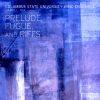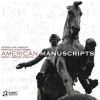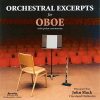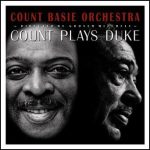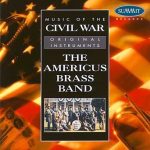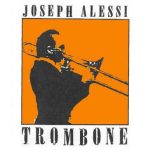John Mack
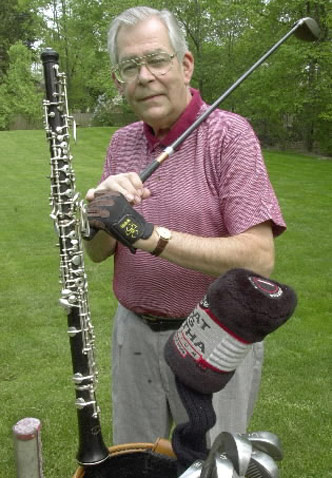
Biography
John Mack, spent 36 years as principal oboist with the prestigious Cleveland Orchestra and was regarded as the dean of American oboists.
After working with orchestras in New Orleans and Washington, Mr. Mack became the Cleveland Orchestra’s principal oboist in 1965. He toured and recorded with the organization under a series of demanding conductors: George Szell, Lorin Maazel and Christoph von Dohnanyi. In 1979, New York Times classical music critic Harold C. Schonberg named Mr. Mack among the top three oboists in the country.
The oboe’s piercing, slightly nasal tone makes it one of the most distinctive sounds in classical ensembles. Great concentration and breath control are required to keep the oboe in tune.
“If you’re going to play the oboe, you have to have elementary bravery, or you’re in big trouble,” Mr. Mack told a Cleveland reporter in 2001. “Some of them are nutty, wild and unreasonable. I call myself a quintessential Cleveland Orchestra player — orthodox, but zippy, and nonwacko. I hate wacko.”
John Wilfred Mack was born Oct. 30, 1927, in Somerville, N.J., where his father was a Presbyterian minister. He played piano and violin before switching to the oboe in the sixth grade.
He graduated from the Juilliard School of Music in New York, where he played first oboe with the orchestra and studied under Harold Gomberg, the New York Philharmonic principal oboist.
After Juilliard, Mr. Mack graduated from the Curtis Institute of Music in Philadelphia. There, he met an important mentor, Marcel Tabuteau, who had been first oboist with the Philadelphia Orchestra under conductor Leopold Stokowski. From Tabuteau, Mr. Mack learned impeccable technique and an elegant way with phrasing that he called “cosmopolitan.”
Mr. Mack played first oboe for the Sadler’s Wells Ballet orchestra during its North American tour (1951-52), followed by 11 seasons as first oboist with the New Orleans Symphony.
He was playing with the National Symphony Orchestra in 1965 when Szell recruited him to Cleveland. Szell had long admired Mr. Mack, whom he first met in 1953 at the Casals Festival in Prades, France.
“A lot of people didn’t like working with him because he was tough,” Mack said of Szell. “I loved him. As demanding as he was, it seemed to me always for the sake of the music. It was never for self-aggrandizement.”
After Szell died in 1970, he was succeeded by Maazel, whom Mr. Mack did not always appreciate. Last year, he told the New Yorker magazine: “During an oboe solo in the Brahms First, he asked me to play a high D pianissimo, a dynamic marking that was not in the score. When I asked why, he said, ‘Off the top of my head, I thought it would be beautiful.’ His whim was more important than Brahms’s reasoned judgment.”
Under von Dohnanyi, Mr. Mack celebrated his 25th anniversary with the orchestra with a commissioned oboe concerto by Ellen Taaffe Zwilich. The oboist went on to record the work with Louisville’s symphony. He retired from playing in 2001 as his eyesight worsened.
As a teacher, Mr. Mack gave master classes nationwide and was long affiliated with the Cleveland Institute of Music and the Kent/Blossom Music program at Ohio’s Kent State University. In 1976, he started an oboe camp in Little Switzerland, N.C., attended by students who went on to careers with major U.S. orchestras.
He tried to put nervous students at ease with his teasing suggestions. “When in doubt in Brahms, keep the tone going,” Mr. Mack once said. “You’re up against all those string players who don’t like you.”



